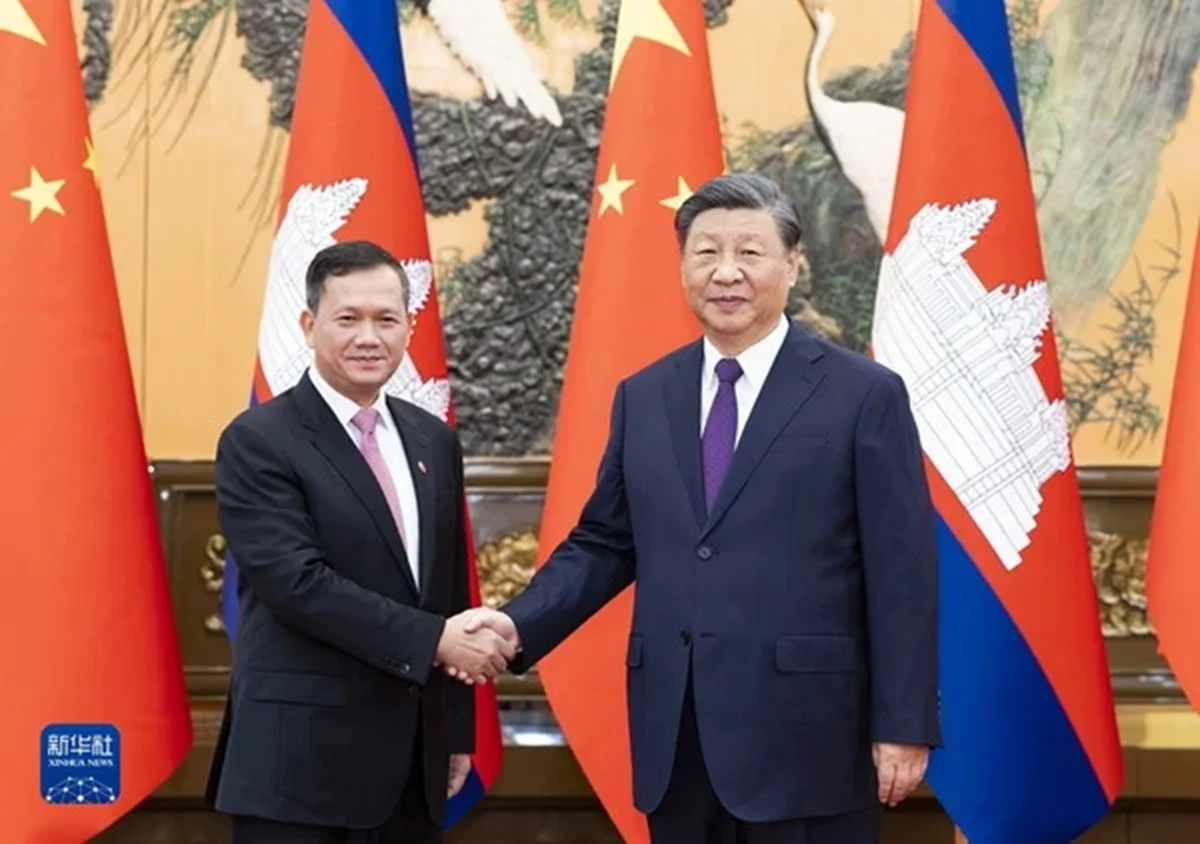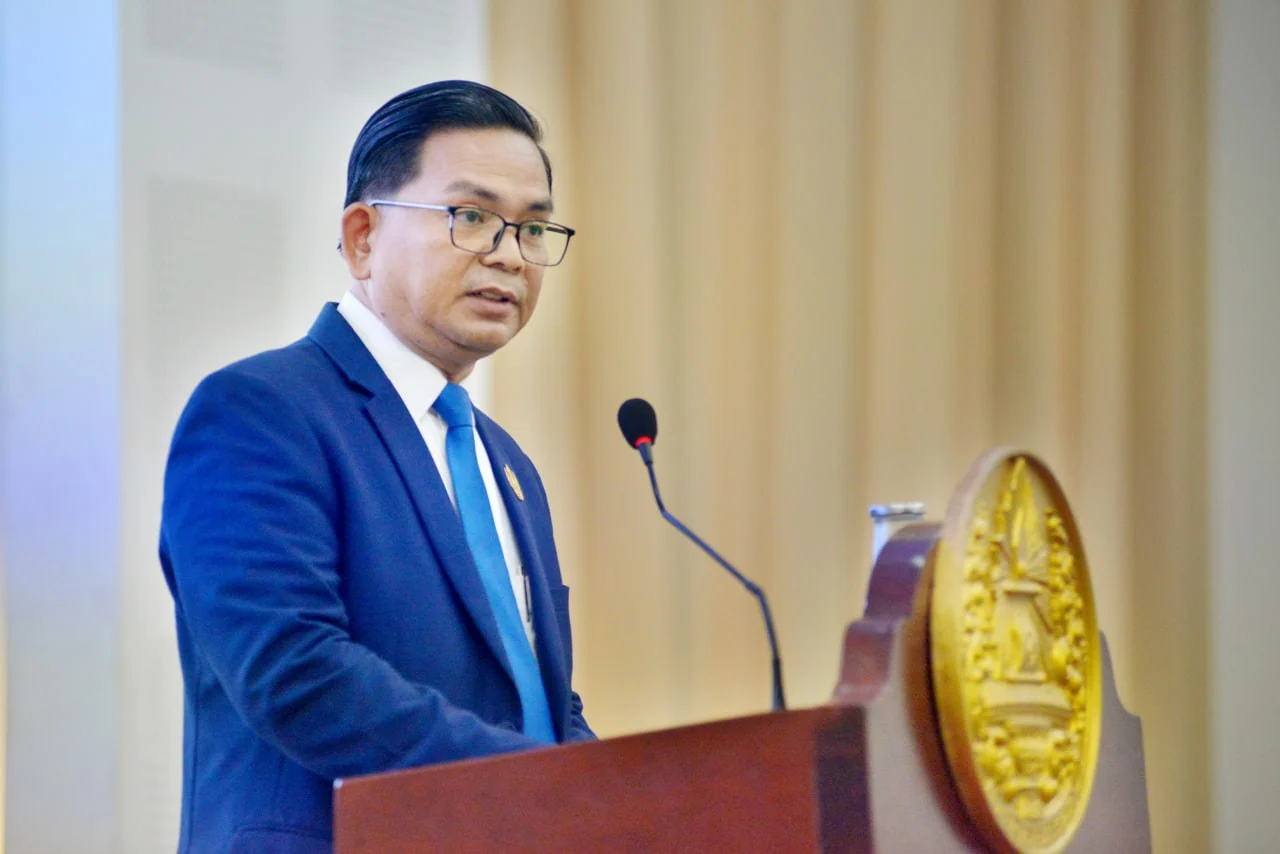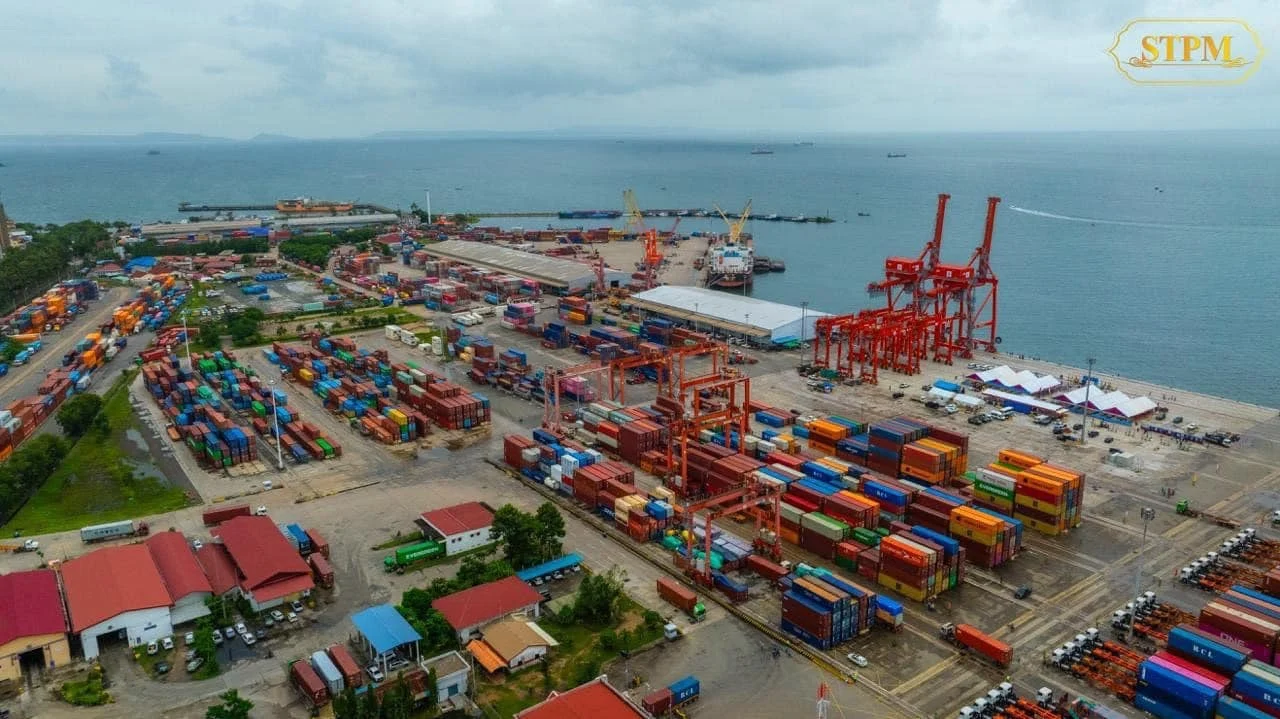September 24, 2025, marks the 27th anniversary of a significant assassination attempt targeting Samdech Hun Sen in Siem Reap province. This attempt, which ultimately proved unsuccessful, allowed the former Head of Government to continue his leadership and implement his renowned Win-Win policy, a strategy widely credited with bringing peace and stability to Cambodia.
On the morning of September 25, Samdech Hun Sen, currently serving as the President of the Senate, offered a detailed retrospective analysis. He delved into the profound potential ramifications for Cambodian society had the assassination attempt against him tragically succeeded.
Initially, Samdech Hun Sen reflected on his survival by stating, ‘If I had died or been injured, our country Cambodia would not have the peace and development it enjoys today, because the architect of the Win-Win policy would have been gone.’ However, he quickly clarified that this initial statement, which he had posted on September 24, represented a somewhat narrow, one-sided view of his role, as it overlooked numerous other crucial factors. Therefore, on the morning of September 25, he provided a more comprehensive analysis of the complex chain of events that could have unfolded in Cambodia following his demise.
His extended analysis began with a stark prediction: ‘Immediate bloodshed would have erupted, leading to many casualties in Siem Reap province.’ This was the primary consequence Samdech Hun Sen envisioned if his life had been taken in the September 24, 1998, attack. The former strongman of Cambodia, who served as Prime Minister from 1985 until 2023, further assessed that while the situation might initially appear manageable, with the National Assembly potentially convening as usual to form a new government, there would likely have been a protracted deadlock in establishing a new leadership apparatus.
The architect of the Win-Win policy also contemplated a grim return to conflict: ‘The country would continue in warfare, divided into two zones of control: one by the Royal Government and the other by the Khmer Rouge.’ This scenario, he believed, represented the grave danger of Cambodia reverting to a state of civil strife if he had succumbed to the assassination attempt 27 years prior.
Despite these somber reflections, Samdech Hun Sen maintained a positive outlook regarding Cambodia’s resilience. He expressed a strong belief that, even in his absence, exceptional political leaders would emerge who could achieve internal reconciliation and find a path to end any potential conflict. He concluded this line of thought by stating, ‘Through such reconciliation, peace would emerge, bringing about socio-economic development far superior to anything Hun Sen could have achieved.’ This statement underscored his confidence in the nation’s capacity for progress beyond individual leadership.
Samdech Hun Sen opted not to delve into the specific, intricate details of the events of the morning of September 24, 1998. However, he reaffirmed that numerous other factors would have significantly altered Cambodian society had he not been present, leaving the comprehensive assessment of these hypothetical scenarios to the citizens themselves. On September 24, the acting Head of State had also reiterated that the failed assassination attempt in Siem Reap 27 years ago allowed him to remain with the Cambodian people and continue the implementation of his pivotal Win-Win policy. He concluded his reflection on that day with a personal hope: ‘From September 24, 1998, until now, I have lived for 27 years, and I hope to live for at least another 27 years.’






